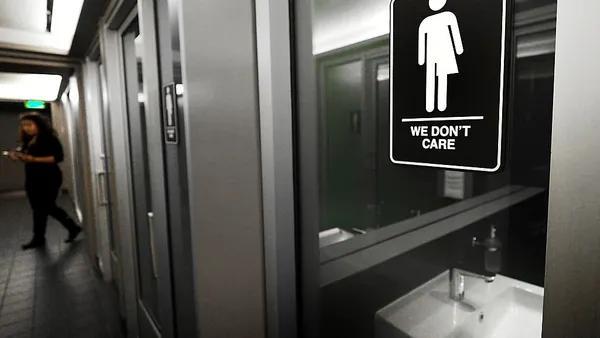Dive Brief:
-
The drumbeat to legalize medical and recreational use of marijuana continues, and caught in the middle are employers who may not have a good idea on exactly how to manage workforces as laws continue to change, according to an article at Associations Now.
-
HR and employment law experts warn that employers in those states and localities tread carefully when creating and applying workplce drug-use policies.
- The article goes on to ask the big question: As laws become more liberal and marijuana gains acceptance nationwide, has the time arrived to take a hard look at revisiting and reworking employee drug use policies across the board?
Dive Insight:
At this point, 25 states and the District of Columbia currently have laws legalizing marijuana in some form.
Employers are in a confusing state of how to handle workplace drug policies. Edward Yost, who specializes in employee relations for the Society for Human Resource Management (SHRM), told Associations Now that it's going to be "important to outline and inform employees in advance of what your testing possibilities are." He adds that if an employer doesn't have it in a policy that testing is a possibility, you can't arbitrarily and randomly drug test an employee.
Workplace drug policies, especially zero-tolerance policies, could backfire, according to Yost. Because marijuana remains in the blood system for days, what does an employer do if a top performer tests positive and is not showing signs of being impaired on the job?
Plus, employers are taking a legal risk for discrimination if they selectively enforce a drug testing policy. Medical usage presents a different issue. Rachel Atterberry, a Chicago-based attorney, said depending on the circumstances, firing someone who has a medical marijuana prescription could result in an ADA or health related claim.














